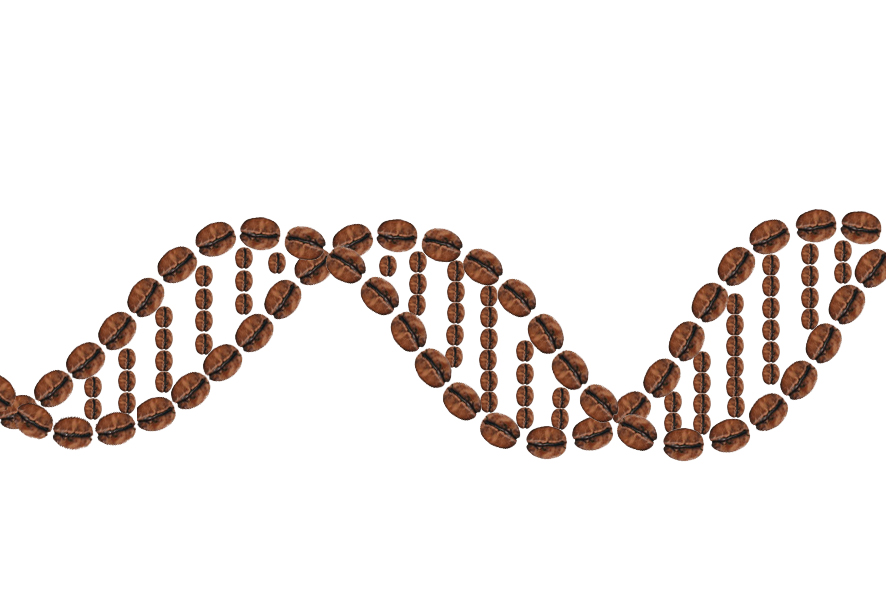
Coffee is good for you, a meta-study has already proven as much. But beyond its inherent healthful properties, scientists are now figuring out ways to use coffee to combat medical conditions. Still in its early stages of research, scientists have successfully treated type 2 diabetes in lab mice with coffee.
As explained by a recent Ars Technica article, a team of researchers led by Dr. Martin Fussenegger of ETH Zurich in Basel is using caffeine to trigger responses from synthetic genetic systems. To do this, the researchers needed to find a molecule that would respond to caffeine, and they found one. In camels. Using an antibody generated in camelids—camels and llamas—they now had a means of detecting caffeine molecules that would then trigger the gene response.
To treat the mice—who all had “diet-induced type 2 diabetes”—researchers inserted a permeable capsule filled with insulin-producing stem cells into the mouse’s body cavity. Thanks to the camelid antibodies, these cells were trained to recognize and respond to the presence of caffeine. So whenever the mice were given a sip of coffee, it triggered their bodies to produce insulin. The result was that the diabetic mice “had blood sugar level similar to normal, wild-type mice” and “had much higher levels of insulin in their blood compare to diabetic mice with the [insulin]-producing implant.”
And this is just the beginning. Researchers believe this methodology can be used to treat other medical conditions. It’s still a long way away from being ready for human use, but this new research may be the key to combating a multitude of illnesses. All with your morning cup of coffee.
Zac Cadwalader is the news editor at Sprudge Media Network and a staff writer based in Dallas. Read more Zac Cadwalader on Sprudge.
The post Scientists Use Coffee To Trigger Synthetic Genes To Treat Diabetes appeared first on Sprudge.

